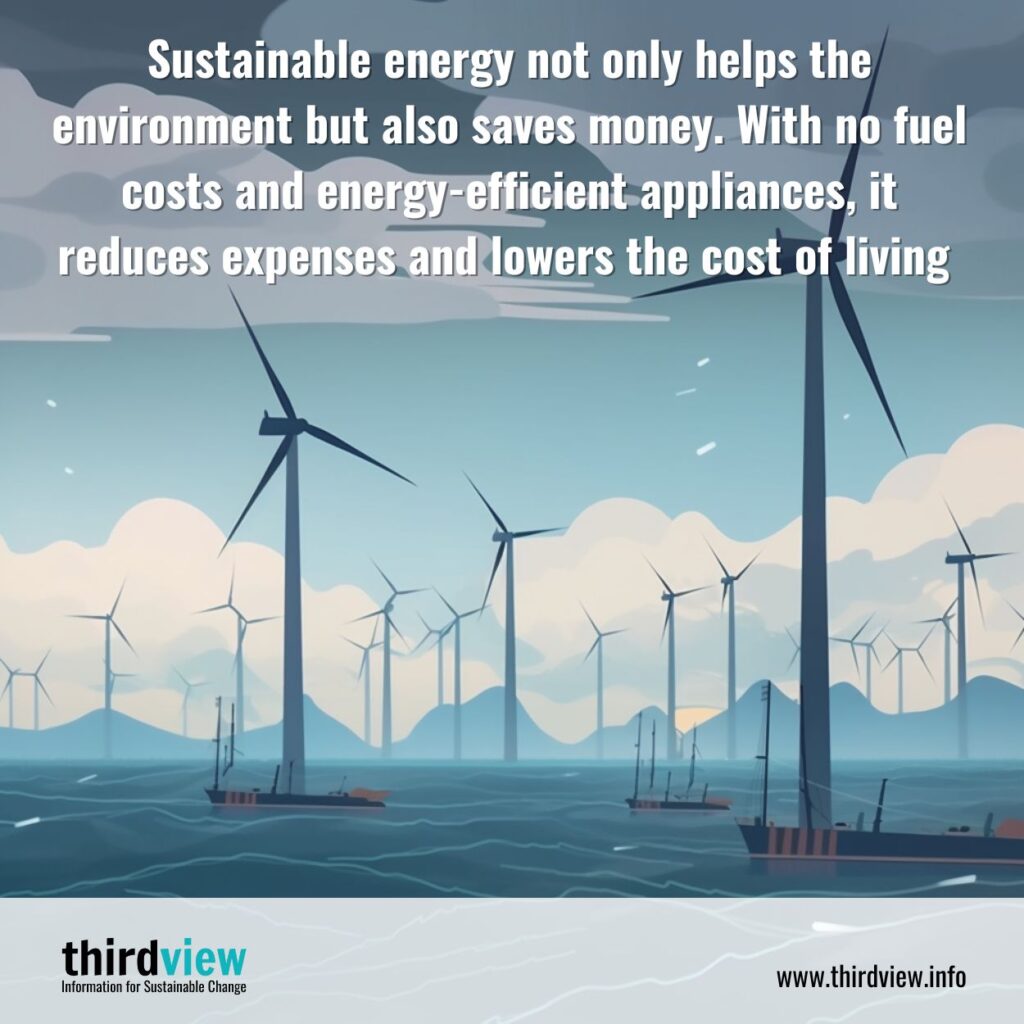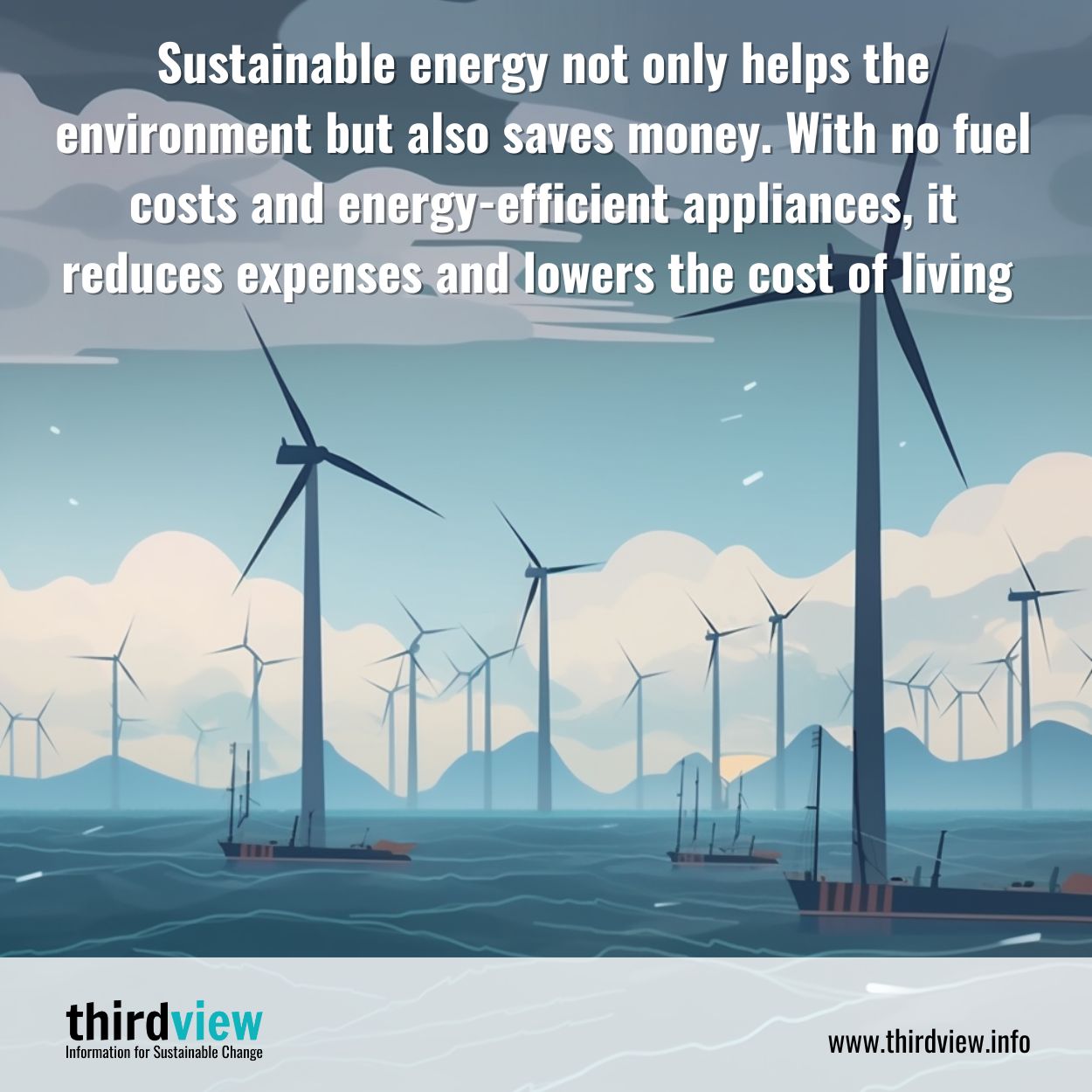With the growing concern about climate change and the depletion of non-renewable energy sources, there has been increasing interest in sustainable energy and its benefits. While most people are aware of the environmental advantages of sustainable energy, such as the reduction in greenhouse gas emissions and the preservation of natural resources, there are also lesser-known economic benefits that make it a smart investment.
Job Creation
One of the significant advantages of sustainable energy is its ability to create jobs. Unlike conventional non-renewable energy sources where most of the processes are automated, the renewable energy industry relies more on humans. According to the International Renewable Energy Association, the sector employed over 11 million people worldwide in 2018, which is expected to rise to over 40 million by 2050. Moreover, sustainable energy projects, such as wind turbine installations, require skilled workers, offering employment opportunities to local communities.
Cost Savings
Sustainability is often seen as a costly investment. However, in the long term, it can result in significant cost savings for both individuals and businesses. Renewable energy sources such as solar, wind, and hydropower, have no fuel cost, unlike fossil fuels, whose prices are volatile. Energy-efficient appliances and household products that rely on sustainable energy save on electricity bills, which lowers the cost of living. Also, for industries that rely on machinery, sustainable energy operations can reduce operational costs linked to maintenance and unscheduled outages.
Increased Energy Security
Many countries depend on imports of non-renewable energy sources, making them susceptible to transportation disruptions and geopolitical conflicts. Developments such as solar, geothermal, and wind energy can provide an alternative to such imports, reducing the dependence on foreign energy sources, and thus increasing energy security. Moreover, integrating sustainable energy into the grid provides an option for local communities to generate their energy, reducing the likelihood of power outages.
Economic Growth
Sustainable energy is a fast-growing emerging industry, offering investment opportunities that can foster economic growth. Recent studies have shown that investment in renewable energy is three times more effective in creating jobs and increasing GDP than the same quantity of investment in non-renewable energy. Promoting sustainable energy projects can attract investment opportunities, thus stimulating economic growth in local communities.
Improved Public Health
Conventional energy sources such as coal emit pollutants such as mercury, lead, and sulphur dioxide that are harmful to human health. The promotion of sustainable energy reduces these emissions, hence reducing the impact of air pollution on human health. Additionally, providing energy access to low-income communities through renewable energy can reduce carbon monoxide emissions from kerosene lamps, which are health hazards.
Sustainable energy is an investment in the future. While focusing mainly on environmental impact, it is equally essential to acknowledge its economic benefits. Sustainable energy creates jobs, reduces costs, improves energy security, and ultimately fosters economic growth. Investing in renewable energy can be seen as a long-term investment in the economy, not just from an environmental point of view. By understanding the economic benefits of sustainability, it becomes clearer why it’s necessary to shift towards renewable energy policies and projects.


